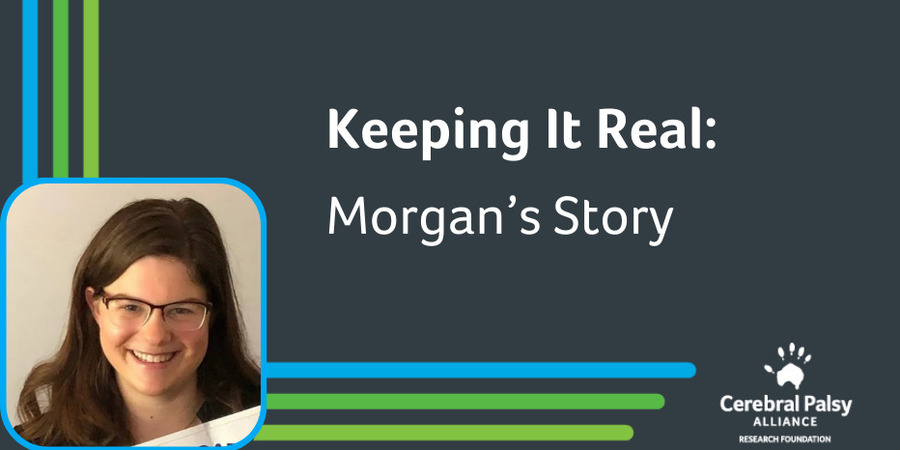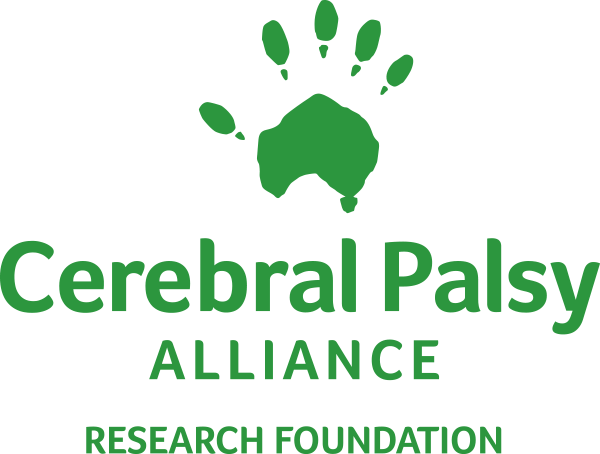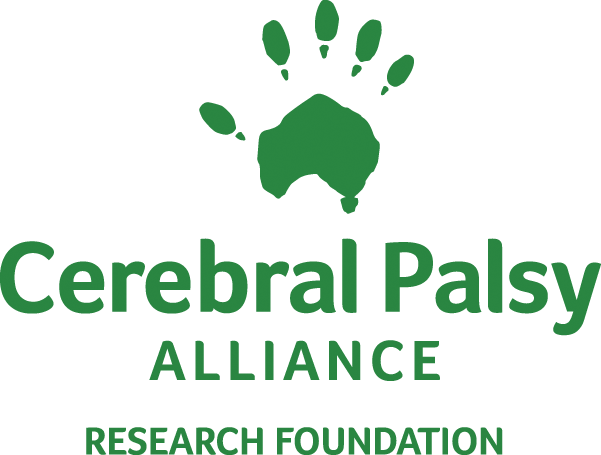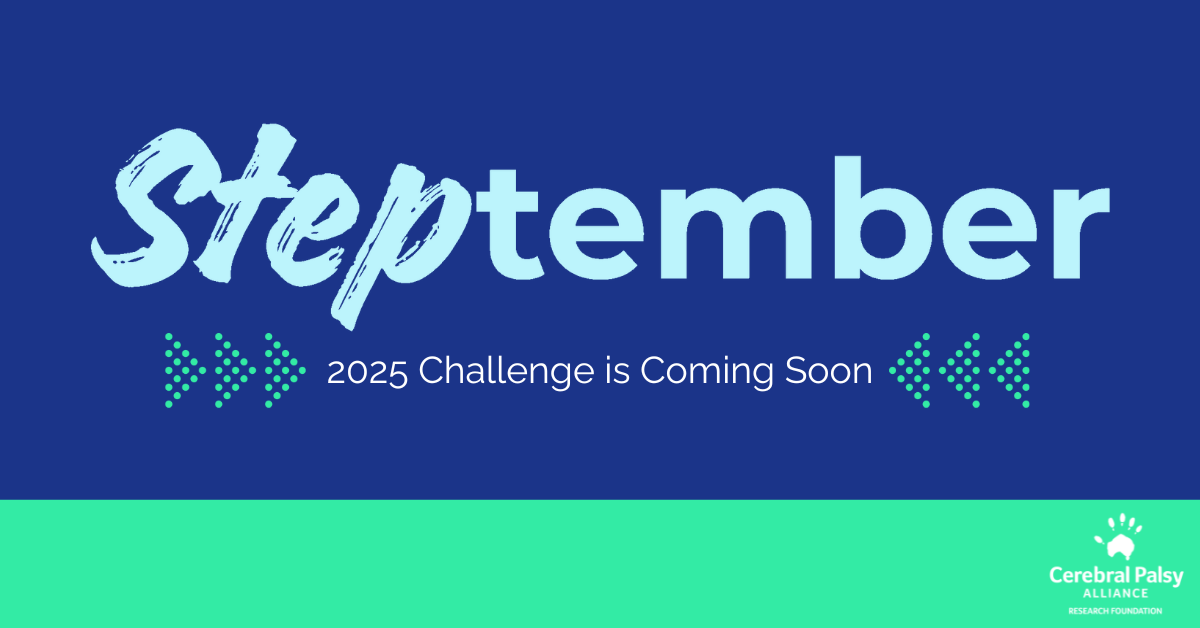
KEEPING IT REAL: Morgan’s Story, Part One*
By Morgan McCarthy
Describe what it was like to grow up with cerebral palsy.
Growing up with CP, I functioned like most kids and throughout elementary school, I was treated like one, too. I had balance and mobility impairments that led to a constant threat of falling and injury. Honestly, I mainly just walked differently and was all-around accepted. It helped that my siblings are older, I had someone in the building looking out for me. I am the youngest, so I was the little sister that tagged along. I was fortunate enough to be involved in a lot of different activities like cheerleading, Girl Scouts and figure skating, skiing and sleepaway camp for kids with medical needs.
Things changed in middle school, it was a very difficult time for me. My friendships disappeared when kids started to play sports and we were separated into larger groups combining elementary schools. My middle school experience meant I was the butt of cruel jokes and long bus rides home. A majority of those I keep to myself because I am not one to complain. To everyone in my life’s surprise, they would find me in my room, in tears daily. Even though I chose not to dwell on the cards I was dealt, I was met with tough love. My mom would often say I had five minutes to be sad and then I had to realize that’s where people were in their capabilities.
I choose to remain positive. This life has taught me resilience. I would hope now as an adult people understand my day-to-day is no different than yours and keep an open mind as to how people live theirs.
What's your relationship with your cerebral palsy?
My relationship with my body has always ebbed and flowed. I started struggling with it in 5th grade, when more of my friends got interested in sports that I wasn’t necessarily allowed to participate in because running and jumping at the time weren’t the safest. Those feelings truly didn’t change until two years ago, when I realized it’s okay not to be okay all the time— you just can’t stay sad either. I needed to learn that growth for others takes time.
I’m different and because others can see that, as an individual,I spent a lot of my formative years waiting for kids to mature to where I was. I think I grew up pretty fast and that made it hard to connect with people. CP has given me the biggest life lessons early, like resilience and problem solving. Being different isn’t all that bad. It allows me to be the catalyst for change in society.
What got you interested in working out?
Working out was the best option for me in my adult life, when traditional therapy became more about maintaining where my body was at. Working out is better for my mental health as well. It allows me a break from my anxiety from always being in fight or flight to relax and simply move how my body’s going to. Turns out I am capable of so much more than I could have ever imagined.
What's the story behind launching your Instagram account?
I went from my personal page to a business account — @YourHotDisabledBestie — when I realized I had a friend who’s older than me walk me through a lot of bigger choices as a disabled person. Shoutout Andrea!
I wanted to be that for other women and girls (and men, too) but on a larger scale. Aside from that, a lot of family and friends would ask me questions that they wanted to know the answers to. As a result, I went and made my page public so people could find all those answers from their hot disabled best friend.
*Morgan's story is part of KEEPING IT REAL — a series of personal stories that will take you deeper into the lives of people with CP. Each person makes different choices based on what works for them, and we’ll showcase that — highlighting what life is like for them on a daily basis, what they care about, and the ways CP impacts them.
The KEEPING IT REAL blog is intended solely to raise awareness about the varied human experience with cerebral palsy and shouldn't be read or construed to contain any medical advice, medical endorsement, or other endorsement by Cerebral Palsy Alliance Research Foundation. Only you and your doctor know what's best for you. Please consult your doctor for medical advice.
Wed 21 May 2025
Are you ready for STEPtember 2025? We’re officially in double digits — CPARF is celebrating 10 years of funding groundbreaking cerebral palsy research and driving innovation forward. And there’s no better way to mark this milestone than with our biggest, boldest STEPtember yet. Thanks to you, STEPtember has grown into a global movement that powers […]
Thu 15 May 2025
Celebrate Your Birthday with Purpose: Start a Fundraiser That Changes Lives Birthdays are for joy, reflection, and connection — and now, they can help fund groundbreaking research, fuel innovation in assistive technology, and create lasting change for people with cerebral palsy and other disabilities. Celebrate your special day by starting a customized birthday fundraiser to […]



